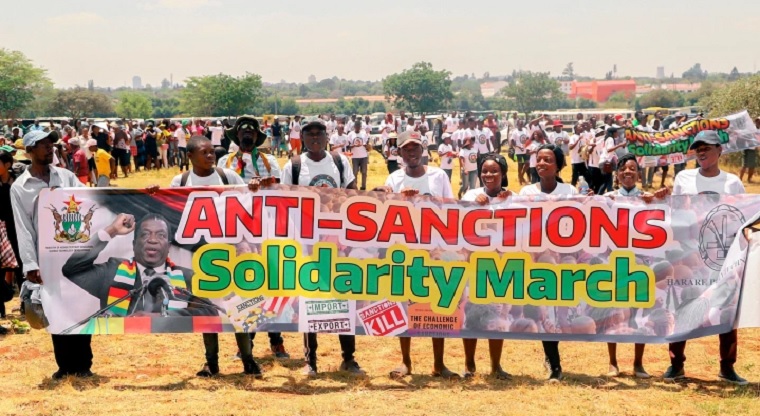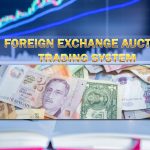A 2019 report by Zimbabwe’s Ministry of Foreign Affairs and International Trade detailed the impact of these sanctions on the local economy, saying the restrictions suffocated Zimbabwe’s ability to meet its international financial obligations, while denying the country critical balance of payments support. Zimbabwean importers are forced to pay cash upfront, loan inflows to Zimbabwean companies have dropped, and the country’s agricultural output has fallen due to an inability to import farming equipment.
An affidavit by Rutendo Matinyarare, director of ZASM, argues that US sanctions are inconsistent with the terms of the African Free Trade Agreement, to which SA is a signatory, and the Bilateral Investment Promotion and Protection Agreement (Bippa) between SA and Zimbabwe.
Sanctions have created instability in the region, with sometimes violent consequences, argues Advocate Simba Chitando, who is representing ZASM in the case. “The recent emergence of populist gangs threatening to cleanse South Africa of Zimbabwean nationals in the country is an unfortunate by-product of unilateral sanctions on Zimbabwe. Many Zimbabwean nationals risk danger in South Africa, and live and work under precarious circumstances to avoid a Zimbabwean economy besieged by sanctions.
“Even after the reasons motivating economic sanctions have gone. President Mugabe has been replaced by President Mnangagwa, white farmers will be compensated for loss of property, and Zimbabwe has been lauded for economic reforms by international investors. But the coercive sanctions have remained.”
US sanctions punish Zimbabweans for making political choices the US does not like, and targets Zimbabwean property for criminal offences unproven in any court, adds Chitando. South Africa’s Constitution, among the most humane in the world, cannot be overruled by the realpolitik of US economic and military might.
Sanctions imposed for the purported benefit of Zimbaweans and with the aim of holding the government to account have yielded numerous perverse consequences, including a shrunken Zimbabwean economy that has driven millions of citizens out of the country in search of work, exposing them to xenophobic violence in SA.
Chitando concedes it will not be an easy case. Goldman Sachs, Citigroup, Bank of America, and First Rand – four of the financial institutions cited as respondents – have briefed the leading law firms in the country “to defend the indefensible”.
However, a victory of the ZASM may have important consequences for other countries exposed to US sanctions, such as Russia and Iran.- The Droll.Com
(117 VIEWS)


